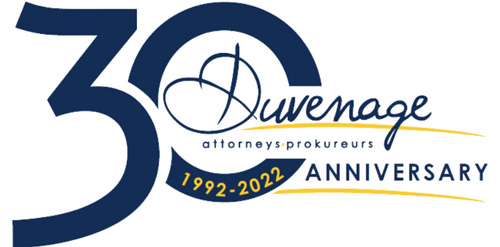Are verbal agreements valid and binding?
It is of paramount importance to note that verbal agreements are in fact valid, legally binding and enforceable, subject to a few exceptions. The difficulty of a verbal agreement arises where there is a dispute between the parties and a breach of the agreement may therefore need to be proven.
Memories are often unreliable and fade over time, this creates room to inaccuracies between the parties. The parties need to prove that there was in fact a verbal agreement, as well as the terms and conditions of the verbal agreement.
The following essential elements need to be present in order for a contract to be valid:
- The contract must be possible;
- There must be an offer and acceptance;
- The parties must have the capacity to contract;
- The contract must be lawful.
Basically, some form of evidentiary proof is required to prove the existence of an agreement and the terms of a verbal agreement, especially when parties have a difference of opinion.
The proof may include any/or all of the following:
- Witnesses,
- Notes from a conversation;
- Quotes, transactional statements, showing the offer and/or acceptance;
- Recording of a conversation; and/or
- Email letter and/or text message which will assist one to ascertain the contractual relationship between the parties.
However, there are exceptions to the rule: According to South African Law, there are some contracts that need to be in writing to be valid, for example contracts for the sale of property, suretyship agreements and ante-nuptial contracts.
Last but not least, it is generally recommended for agreements to be recorded in writing.
Should you require any further information on the above, or assistance in drafting an agreement, feel free to contact Duvenage Attorneys and our team of experts will gladly assist you.





